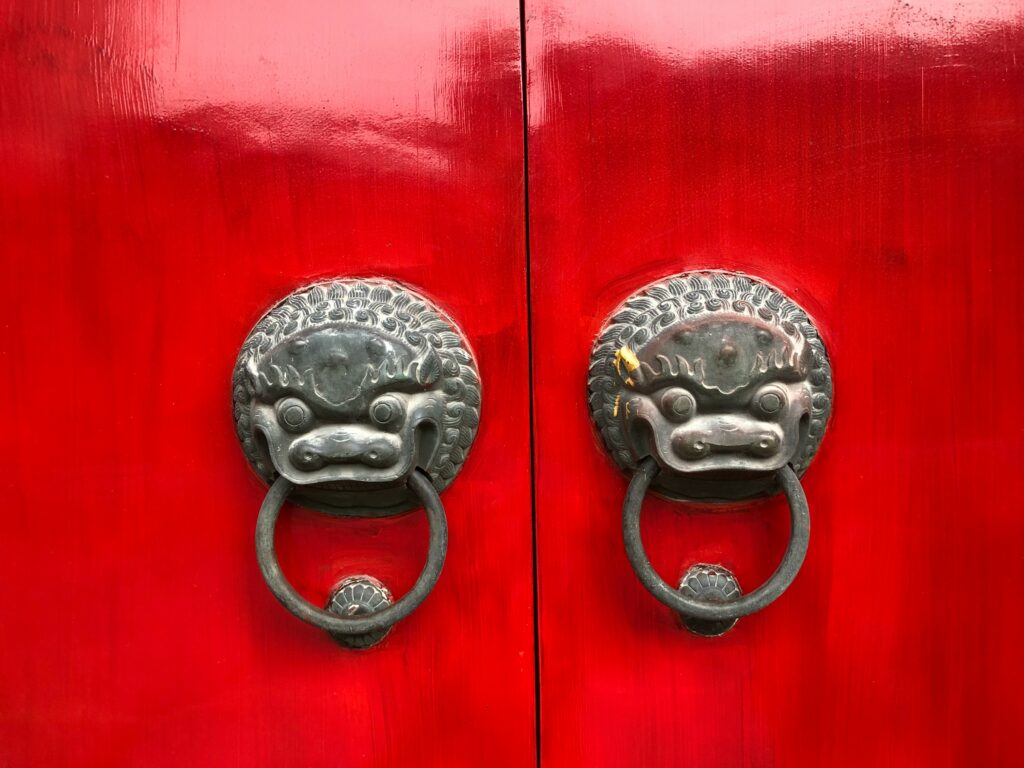The Israel-Hamas war has revealed a deep-seated cognitive dissonance emanating from Beijing’s assumptions about and approach toward the Middle East.
China has sought to portray itself as a neutral party in the conflict, an apparent attempt to position itself as a peacemaker. However, Beijing has refused to condemn Hamas’s October 7 attack on Israel or the role played by Iran in executing these attacks. Instead, Chinese officials, state-controlled media outlets, and social media platforms blame Israel and the U.S. for the war.
It appears routine statecraft: China has sympathized with the Palestinian cause since as far back as the Cold War and has long engaged in the practice of denouncing Israel to curry favor with its Arab and Muslim partners — as evidenced by its voting in the UN. Likewise, capitalizing on the opportunity to portray the U.S. as a destabilizing actor and socializing the world to believe there is a viable alternative to America’s liberal international order is a familiar tactic.
However, the underlying premises driving China’s approach seem increasingly out of sync with the shifting realities of the Middle East.
Read the full article at The China Project


